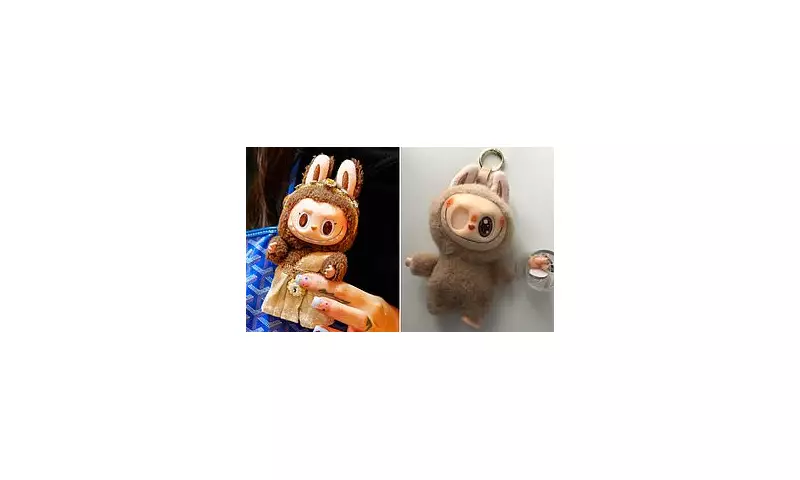
A major organised crime wave is exploiting Britain's latest viral toy craze, flooding the market with dangerous counterfeits and duping thousands of unsuspecting collectors, a Daily Mail investigation can reveal.
The Labubu figurine frenzy, which has taken social media by storm with enthusiasts trading rare pieces for thousands of pounds, has been ruthlessly targeted by sophisticated criminal networks operating from East Asia. These groups are producing alarmingly convincing fakes that are increasingly difficult to distinguish from genuine products.
The Scale of the Operation
Authorities and brand investigators report that the counterfeit operation is vast and highly organised. These criminal enterprises are not merely producing cheap imitations; they are manufacturing sophisticated fakes complete with forged authentication certificates and packaging designed to deceive even experienced collectors.
The problem has become so widespread that experts estimate a significant portion of Labubu toys currently circulating on secondary marketplaces like eBay, Vinted, and Facebook Marketplace are counterfeit. This represents millions of pounds in lost revenue for legitimate retailers and creators.
Dangers Beyond Disappointment
The threat extends far beyond financial loss for disappointed collectors. Trading Standards officers have issued urgent warnings about the potential physical dangers these fake toys present.
Many of the counterfeits contain hazardous materials, including:
- Lead paint: Found in levels far exceeding UK safety standards
- Phthalates: Banned plastic softeners linked to health issues
- Sharp, brittle plastic: That can easily break and create choking hazards
- Small, loose parts: Poorly secured components that present immediate risks to children
How the Criminal Networks Operate
The supply chain begins in clandestine factories in China, where the fakes are produced. They are then smuggled into the UK through various channels, often misdeclared as other goods to avoid detection by border officials.
Once in the country, the toys are distributed through a network of online sellers who frequently use multiple accounts and constantly change their digital footprints to avoid detection. These sellers often target popular social media groups dedicated to toy collecting, exploiting the trust within these communities.
Protecting Yourself from Fakes
For collectors navigating this minefield, experts recommend several precautions:
- Purchase only from authorised retailers and trusted sources
- Examine packaging carefully for spelling mistakes and poor print quality
- Be wary of prices that seem too good to be true
- Check the quality of the paint application and materials
- Request detailed photos and verification from sellers on secondary markets
The National Crime Agency has confirmed it is working with international partners to target the organised crime groups behind this operation. However, they acknowledge the challenge of keeping pace with the rapidly evolving methods employed by these sophisticated criminal enterprises.
As the Labubu craze continues to grow, so too does the scale of this criminal exploitation, turning a harmless hobby into a high-stakes market where only the vigilant avoid being duped.





